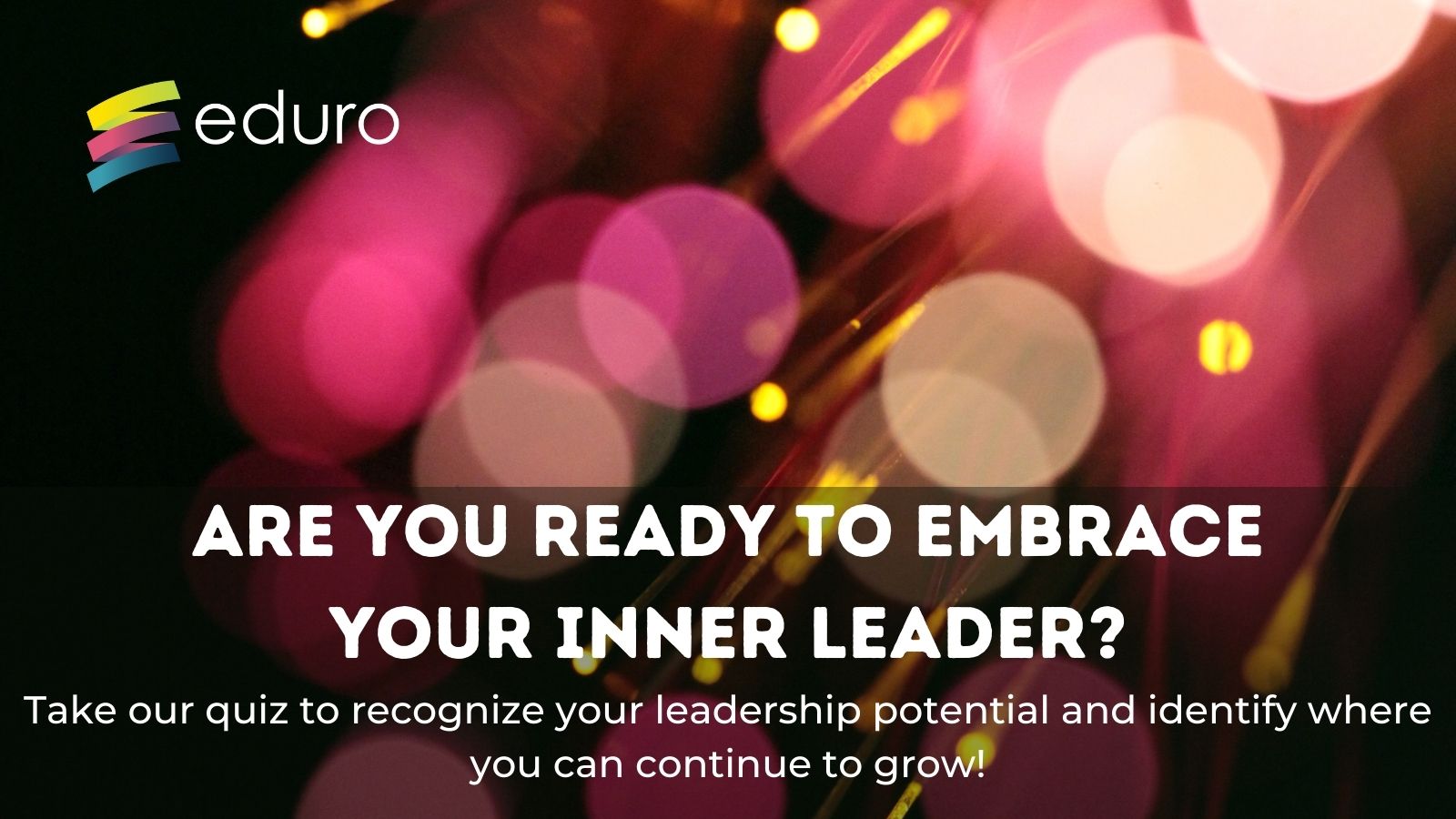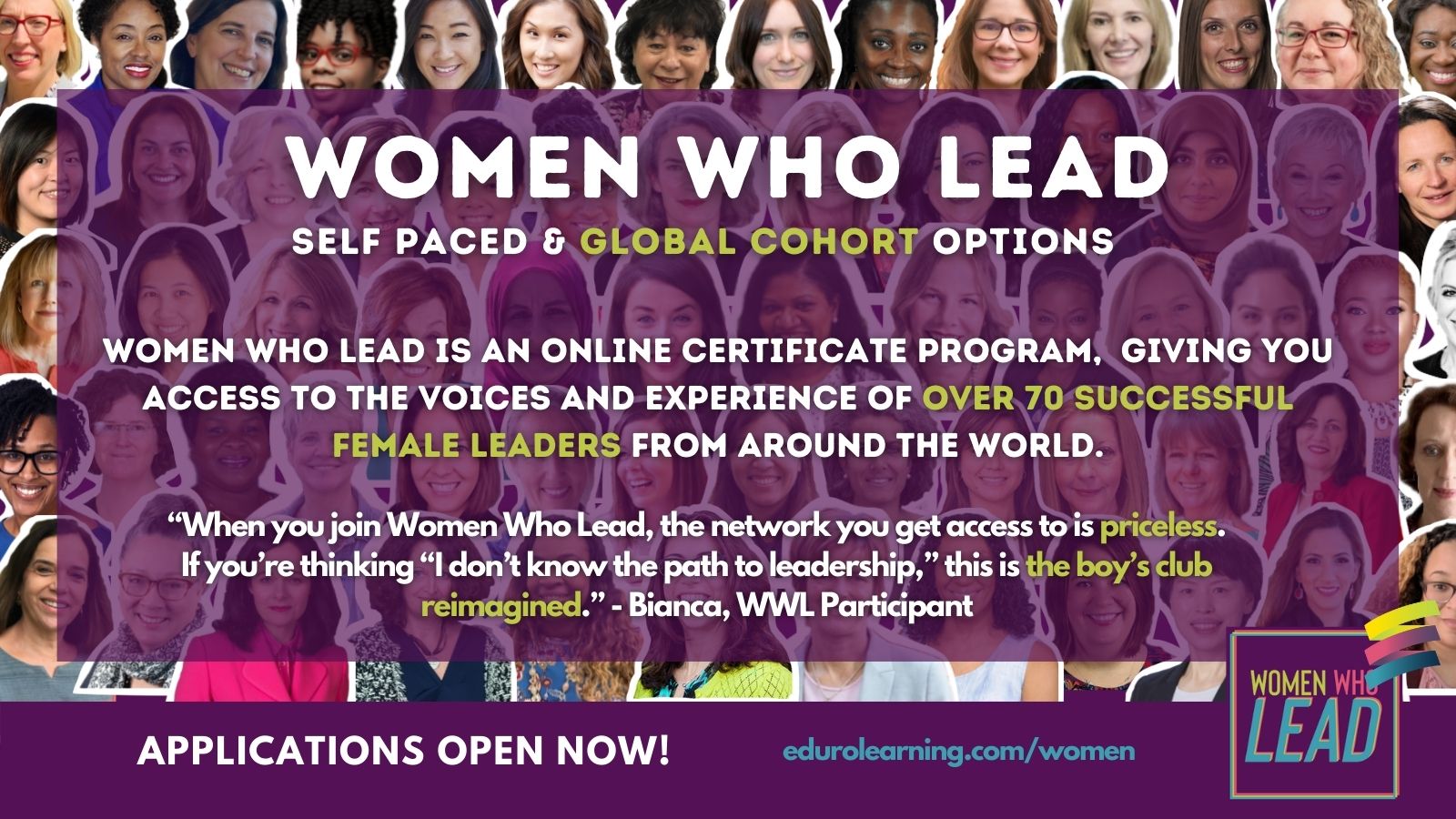In this #coachbetter episode, Kim chats with Jennifer Abrams, author of (among many others) Having Hard Conversations, Swimming in the Deep End, and Stretching Your Learning Edges: Growing (Up) at Work!
Kim and Jennifer talk about the intersection of coaching and leadership and in particular the power of clarifying conversations. As coaches, and leaders, these conversations are not always easy, but their importance can not be undervalued. If you’re looking for strategies to manage these kinds of clarifying conversations in your role, this episode is for you!
Jennifer is also featured in our Women Who Lead Certificate Program, and this conversation is like a window into one of the modules within the program – “Handling Difficult Conversations”. Women Who Lead is an 8-module online Certificate Program designed for aspiring and growing leaders, featuring the voices and experience of over 70 successful female leaders from around the world. Women Who Lead will empower you to articulate your leadership potential so that you can overcome the many challenges faced by women seeking leadership positions in the field of education. Registration for our next global cohort opens on the 2nd of May and closes on the 16th of May. Find out more, and join the waiting list at edurolearning.com/women today!
Subscribe to #coachbetter via your favorite Podcast Player!
Featured Guest

Bonus! Watch the Spotlight Version on YouTube!
Show Notes
Please tell us a little bit about how your work has evolved over time (a little bit along the lines of what we talked about for WWL (Women Who Lead), I would love to hear you talk about the “voice coach” aspect of your work and how that can apply in a school setting)
English teacher before I started working with adults. Coaching happened because I became a coach. Helping people stand up and find their voice as a teacher. Moved to work with new teachers and they had to find their “teacher voice” – working with teachers who were beginning teachers. Finding their identity as a teacher. We have credentials in how to teach students or subjects, but we don’t have credentials in how to talk effectively to other adults. We have to find our voice in moments of advocacy, collaboration, hard conversations, and leadership.
If you’re going to speak to a Board of Trustees meeting, talking to a supervisor, a parent, a KG teacher, you’re using your authenticity, but you’re changing your voice.
Helping people with credible and approachable voice
One of the most challenging things we have to do as educators is have difficult conversations, what are some key strategies we can learn to make them easier? What are some great ways to practice building those skills?
Who’s going to do it? If I see something that is educationally unsound, physically unsafe, or emotionally damaging, if I don’t speak up, I’m betraying myself.
Clarifying conversations need to happen so much more than they have been. What are our roles, what is our job, whose responsibility is this, etc.
Clarifying conversations vs hard conversations: fuzzy becomes conflict. Need to be able to name exactly what needs to be addressed. Do not have a hard conversation if you’ve not had a clarifying conversation. Many places where we’re angry but we don’t know why. We’re not clear, but we’re embarrassed about that, so we make the other person ‘wrong’. Clarifying conversations can stop hard conversations from happening. Have the conversation without being pejorative or diminutive. Get on the same page. “Call in” to expectations, language, and frameworks for expectations (from social justice work).
So many levels at which we can work before we do what people fear of the hard conversation.
Don’t make the other person wrong if you haven’t articulated expectations.
Practice – what skills do we need? Choose language carefully, be explicit in expectations.
What do these words mean? Is there a time frame? What does this look like?
Timelines, communication agreements
If you haven’t clarified what the expectations look like in terms of this specific role, that’s not clear enough. The person with the most authority or perceived power should be the person providing clarity and expectations, but that may not happen. How do you ask a supervisor for more clarity? Can you give me specific actions that I could take?
- Here is the problem we’re trying to solve
- Here are the people we sought input from
- Here’s the data
- Here’s what we’re going to do in a general way
- Here’s what each person will do
- Here’s the support you will need
Clarity before accountability – define this in writing, using a font that gives her a voice
How do you ask for help? How do you seek clarity? Every adult needs to take responsibility for seeking guidance
Is it time to embrace YOUR Inner Leader?
Many of us are building leadership skills without even realizing it! Are you already demonstrating leadership potential in your current role? Is it time to take the next step in your leadership journey?
Take this quiz to recognize your leadership potential and identify where you can continue to grow!
These questions highlight informal leadership skills that are highly valued in successful formal leadership positions. How many are you already building?
Are you ready? Click here to take the quiz now!

Show Notes continued…
Please tell us about your new book! Where did the idea come from and how is it shaping (shaped by) your current work?
Stretching Your Learning Edges: Growing (Up) At Work
The work we’re doing at schools is so complex and requires so much effective teamwork to achieve the shared vision. The adults in schools do not have credentials in how to talk effectively to other adults. They have an aspiration to work effectively for the good of the students. Is there more we can learn at our edges to be an organization that learns together? What would it take from each of us to be better group members, better adults in the world?
Using Robert Keegan’s Adult Developmental Theory as an underpinning. Even though we’re physically grown, there’s so much more to learn about ourselves.
Knowing our identities: how we’ve been shaped, what our backgrounds are, worldview, and how that impacts your working with someone else, maybe you have unconscious beliefs
Can we suspend our certainty? Instead of saying “yes or no”, stop yourself and ask “say more about that”
Take responsibility for our language and professional development, how to express a concern and not a complaint
Engage in Reciprocity: I believe you are equal to me, you deserve mutual respect and dignity. I want to engage in an equal relationship, learn from you and with you. Collaborative skills, linguistic agility
Build Resiliency: how do you sustain yourself amidst chaos, how do you deal with your grief and disappointment, take care of psychological hygiene so you do not ooze your stuff all over everyone else. Be resilient enough to show up as the grown-up we need you to be. Self-care
Level Up Your Leadership With Women Who Lead
As coaches, we are so fortunate to have so many opportunities to demonstrate “little L” leadership. If you’re feeling like now is the time for you to jump into a formal leadership position. Women Who Lead is the program for you! Women Who Lead is an an online certificate program designed for growing and aspiring leaders, featuring the voices and experiences of over 70 successful female leaders from around the world.

Women Who Lead will empower you to articulate your leadership potential so you can overcome the many challenges faced by women seeking leadership positions in the field of education.
We facilitate only one global cohort each year, so we can create connected, collaborative, and community-driven global cohorts. Now is your chance to level up your leadership and reach for your dream job!
Find out more here: https://edurolearning.com/women/





Recent Comments